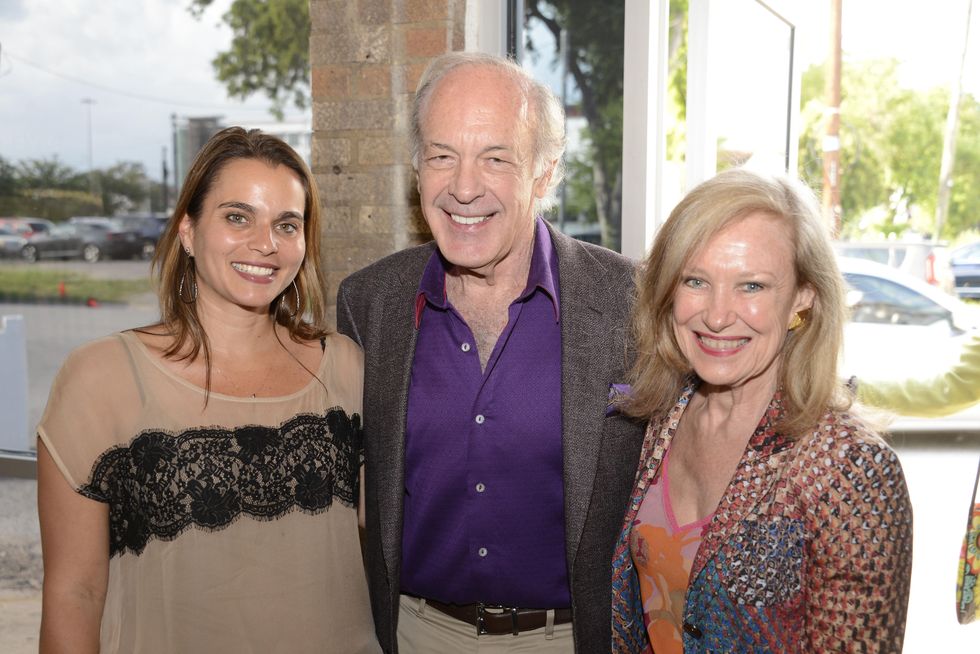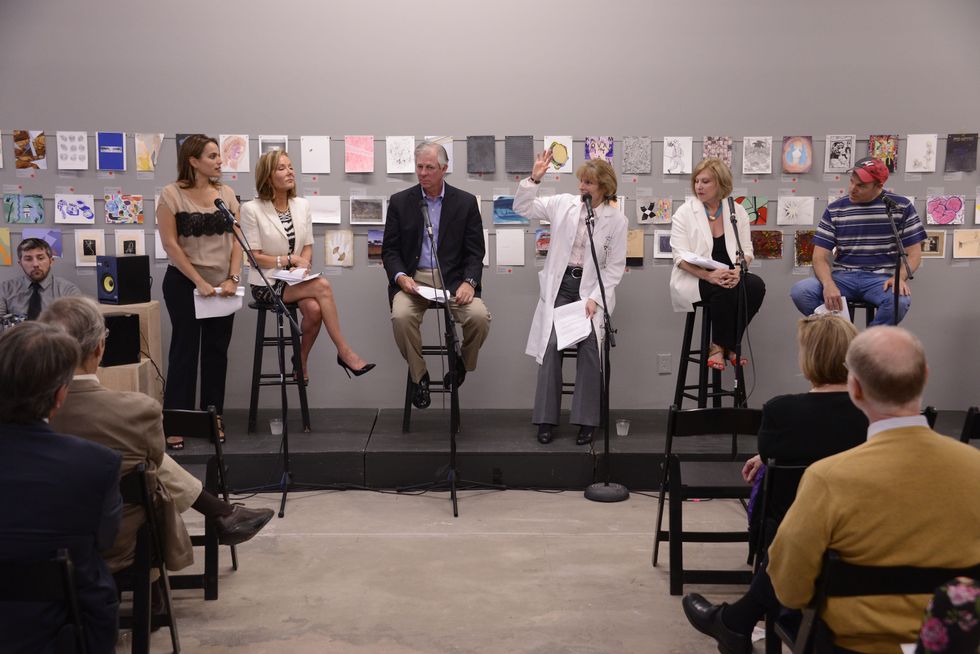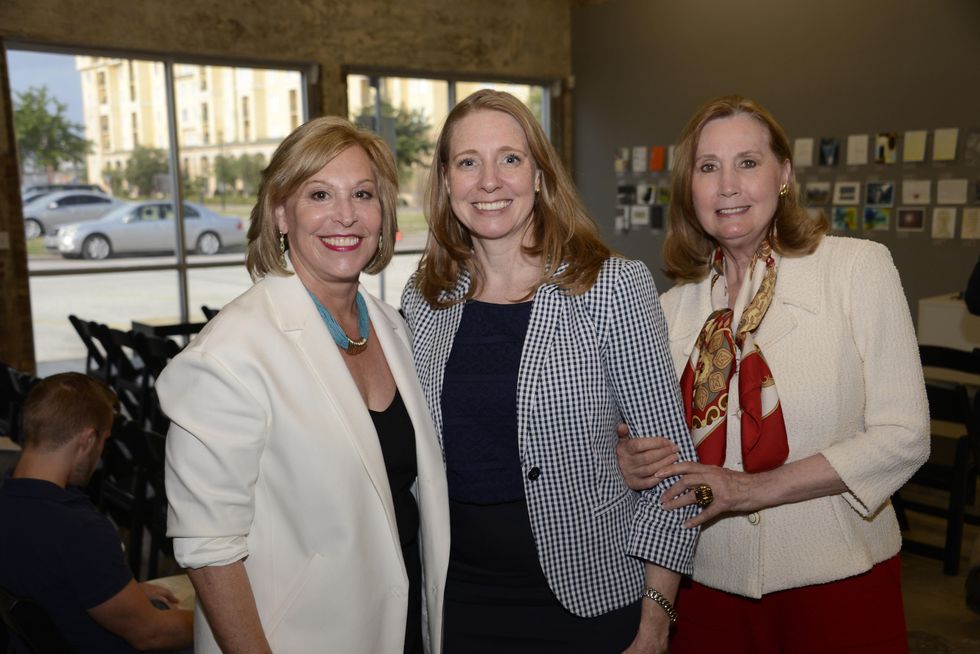Role of a lifetime
Fierce medical ethics debate hits the stage: When doctors and lawyers become actors, the issues are real
Doctors and researchers at Baylor College of Medicine, along with some prominent Houston attorneys, became actors for one night at they gathered on a stage at Diverse Works to read aloud a new play that looks at the thorny issues of disclosing information on genetic testing.
With the advances in modern medicine, it's a more common subject for discussion than you might think.
The play, with the definitely unsexy name of The Process of Consent and Disclosure of Genomic Findings, examines such important medical ethics issues as privacy rights, possible discrimination by employers or health insurers and the social, cultural and religious perspectives.
With the advances in modern medicine, it's a more common subject for discussion than you might think. For example, if you are tested for high cholesterol and that same test shows you have a high propensity to develop lung cancer or early onset of Alzheimer’s, would you want to know? Do you have a right to know?
Taking the stage were Texas Medical Center president and CEO Dr. Robert Robbins, attorney Melanie Gray, Doe Florsheim, president of The Partnership for Baylor College of Medicine, and Baylor scholars, Dr. Reid Sutton, associate professor of Molecular and Human Genetics, Amy McGuire, professor of Biomedical Ethics and director of the Center for Medical Ethics and Health Policy, and Dr. Lorraine Potocki, professor of Molecular and Human Genetics.
Joining in the robust discussion were Dr. Charles and Sally Neblett, Kirsten Schachter, Reda Martin, Barbara Evans, Phyllis Griffin Epps, Dr. Nathan Allen, Courtenay Bruce, Mary Majumder, Jennifer Blumenthal-Barby, Laurence McCullough and Henry Florsheim.
Top row, from left, Dr. Robert Robbins, Melanie Gray, Doe Florsheim and Dr. Reid Sutton. Bottom row, from left, Amy McGuire and Lorraine Potocki.







 The building at 4911 will be torn down for the new greenspace. Holland Lodge No. 1, A.F. & A.M./Facebook
The building at 4911 will be torn down for the new greenspace. Holland Lodge No. 1, A.F. & A.M./Facebook